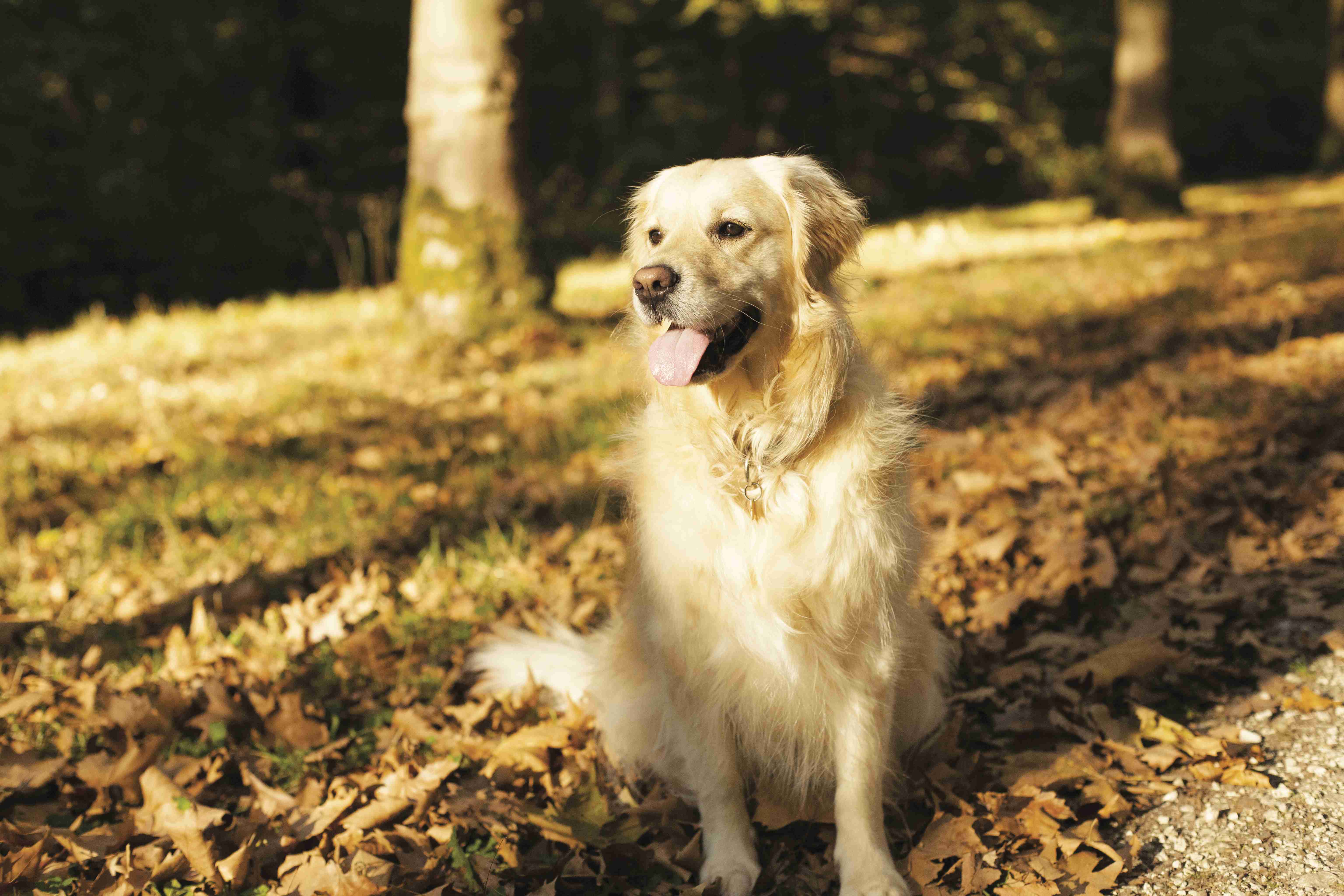As a Bernese Mountain Dog owner, you know how lovable and loyal these gentle giants can be. While they may have a big heart, they also have a big body with a lot of fur, which can sometimes result in skin problems. Skin issues are a common concern among Bernese Mountain Dogs, and as a responsible pet parent, it’s important to be aware of the potential problems and how to prevent or treat them. In this guide, we’ll dive into the top skin problems that affect Bernese Mountain Dogs, and provide tips on how to keep your furry friend healthy and happy.
Bernese Mountain Dogs are one of the most beloved dog breeds in the world. Their friendly demeanor, loyal nature, and stunning good looks make them an ideal pet for many families. However, just like any other dog breed, Bernese Mountain Dogs are susceptible to a range of health issues, including skin problems. In this comprehensive guide, we will uncover the top skin problems in Bernese Mountain Dogs and offer tips on how to keep your furry friend healthy and happy.
1. Hot Spots
Hot spots, also known as acute moist dermatitis, are one of the most common skin problems in Bernese Mountain Dogs. These are painful, red, and inflamed areas of skin that are caused by a bacterial infection. Hot spots can be caused by a variety of factors, such as allergies, flea bites, and poor grooming.
To prevent hot spots, it’s essential to keep your Bernese Mountain Dog’s coat clean and well-groomed. Regular bathing, brushing, and grooming can help prevent the accumulation of dirt and bacteria on your dog’s skin. Additionally, flea and tick prevention is key to avoiding hot spots caused by insect bites.
If your Bernese Mountain Dog does develop a hot spot, your veterinarian may recommend a course of antibiotics and topical treatments to reduce inflammation and promote healing.
2. Allergies
Bernese Mountain Dogs are prone to a range of allergies, which can manifest in various ways, including skin problems. Common allergens that can affect Bernese Mountain Dogs include pollen, dust mites, and certain types of food.
Allergies can cause a range of skin problems, including itching, redness, and inflammation. In some cases, allergies can lead to more severe skin problems, such as hot spots and skin infections.
To prevent allergies, it’s essential to identify the specific allergen that’s causing the problem. Your veterinarian may recommend allergy testing to determine the root cause of your dog’s allergy. Treatment may include topical creams, oral medications, or dietary changes.
 - Copy - Copy.png)
3. Seborrhea
Seborrhea is a skin condition that affects the oil glands in a dog’s skin. This condition can cause excessive oiliness and flaking, which can lead to skin infections and discomfort.
Bernese Mountain Dogs are prone to seborrhea, and the condition can be exacerbated by poor nutrition, stress, and hormonal imbalances. To prevent seborrhea, it’s essential to feed your dog a high-quality diet that’s rich in essential nutrients. Additionally, regular exercise and stress reduction techniques can help reduce the likelihood of seborrhea.
If your Bernese Mountain Dog does develop seborrhea, your veterinarian may recommend medicated shampoos, topical ointments, and oral medications to reduce inflammation and promote healing.
4. Skin Infections
Skin infections can be caused by a range of factors, including bacteria, fungi, and parasites. Bernese Mountain Dogs are particularly susceptible to skin infections, especially during the hot and humid summer months.
To prevent skin infections, it’s essential to keep your dog’s coat clean and well-groomed. Additionally, regular flea and tick prevention can help reduce the likelihood of parasitic infections.
If your Bernese Mountain Dog does develop a skin infection, your veterinarian may recommend a course of antibiotics or antifungal medications to reduce inflammation and promote healing.
Conclusion
Bernese Mountain Dogs are prone to a range of skin problems, but with proper care and attention, you can help keep your furry friend healthy and happy. Regular grooming, flea and tick prevention, and a high-quality diet are all essential for maintaining your dog’s skin health. If you notice any signs of skin problems, such as itching, redness, or inflammation, be sure to consult with your veterinarian for proper diagnosis and treatment. With a little love and care, your Bernese Mountain Dog can enjoy a long and healthy life.
In conclusion, taking care of your Bernese Mountain Dog’s skin health is crucial to their overall well-being and happiness. Regular grooming, proper nutrition, and prompt treatment of any skin issues can help prevent future problems and keep your furry friend healthy and happy for years to come. With the tips and information provided in this guide, we hope that you feel equipped to give your Bernese Mountain Dog the best possible care and ensure they live their best life. Remember, a happy dog means a happy owner!


%20-%20Copy%20-%20Copy.png)
%20-%20Copy.png)
.png)

.jpg)

%20-%20Copy.jpg)